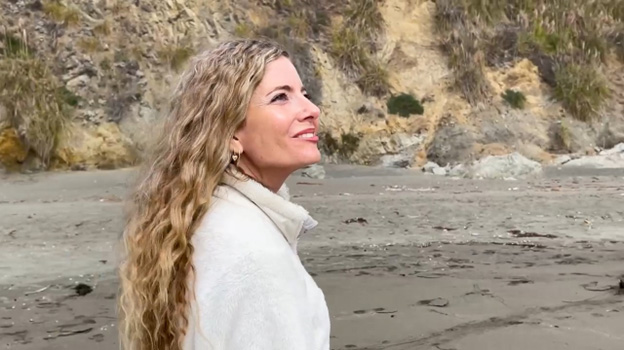Self Care While Being a Caregiver
Kidney Disease
Transcript
Noah
I think mental health is extremely important and I think it’s been overlooked, and it’s been kind of shunned from being addressed. But I think – I really feel like we’re coming out of that. I think that there’s a groundswell from patients, from the medical community, to really understand the impacts of mental health on the patient and caregiver. I don’t think I can understate the need of those resources.
I think early on to help cope and ground myself, I think that I did a better job of still caring for myself, still trying to get out, find some things that I personally enjoyed, you know, maybe it was going for a walk or going running, and talking to friends and family. But I think as the journey continues, and it gets harder, it gets harder to share those same connections with people. And I could feel myself putting her first, putting those needs first, to the detriment of my own health, where at times it would become a little bit more challenging to provide exactly what she needed. In probably the most vulnerable times, as you’re getting ready for transplant, and you’re trying to balance all of this, and you’re trying to keep yourself healthy, you just keep pushing your mental health further and further back. And I think probably one of the most poignant times for Valen and I was when we got back from St. Louis. We go through transplant evaluation and transplant, which are absolutely intense times in your life, you come out, you start to feel a little better, you come back into your regular life, and you just don’t feel connected. Because during that whole period of time, during those couple years, couple months, couple weeks, the world just keeps going, the world doesn’t stop for you, but your world stops, your world slows down, so you feel at the end of this like you have to try to catch up and catch back into your normal life. I think we both got to a point where we pulled back a little bit and didn’t necessarily share the reality of our situation with friends and family. And then on top of that, as a caregiver, your partner, you know, the patient is at home and can barely get up and move around the house, and you’re going to be selfish and go out running, or go out walking? Even though that is something you need, even if I tried to do it, I just felt so guilty in it that I stopped doing it. And I think that that led to, you know, was detrimental to me, was detrimental to my ability to provide care to her, and I think it’s something that needs to be discussed.
Coping advice that I would give to other caregivers would be to really make sure that they’re taking care of themselves. So- often we’ll pull in and we’ll really just focus on the patient, on the loved on, on the one we’re taking care of, that we really forget to take care of ourselves. Personally I’ve done this, and I know, personally, the limitations that that puts on your ability to provide care to them. And so, my recommendation is just to be cognizant of that, to be aware of the needs that you still have. You’re still a person, you’re not just a caregiver, you’re still a person and you need to take care of yourself.

Comments (0)
Add new comment